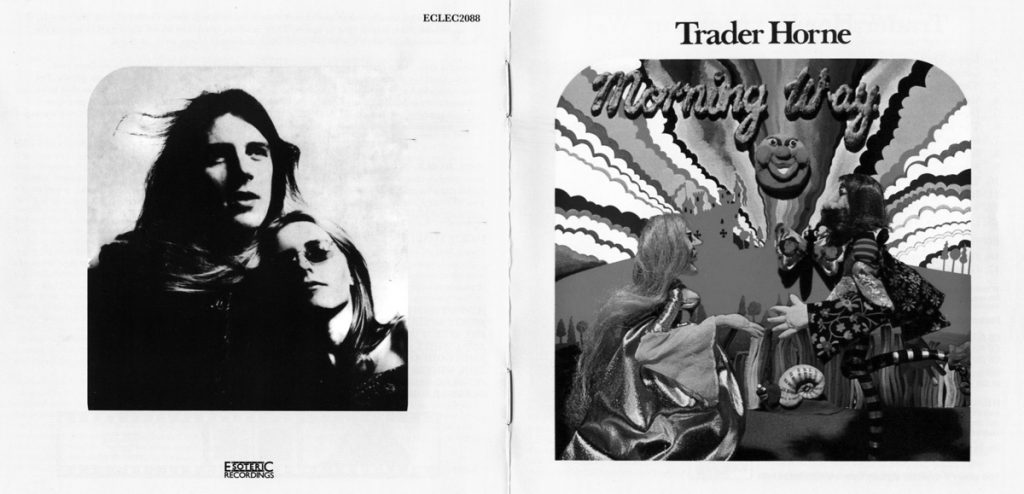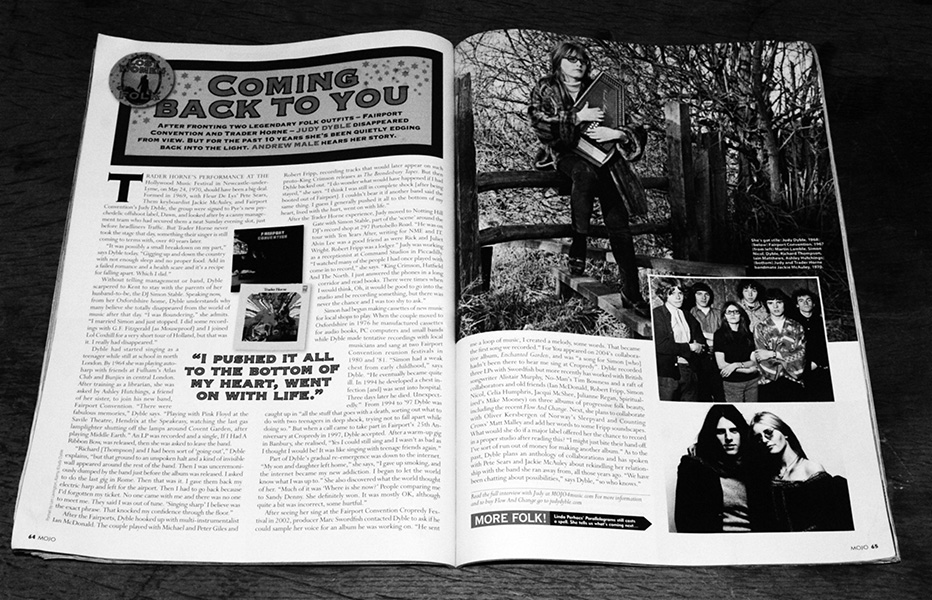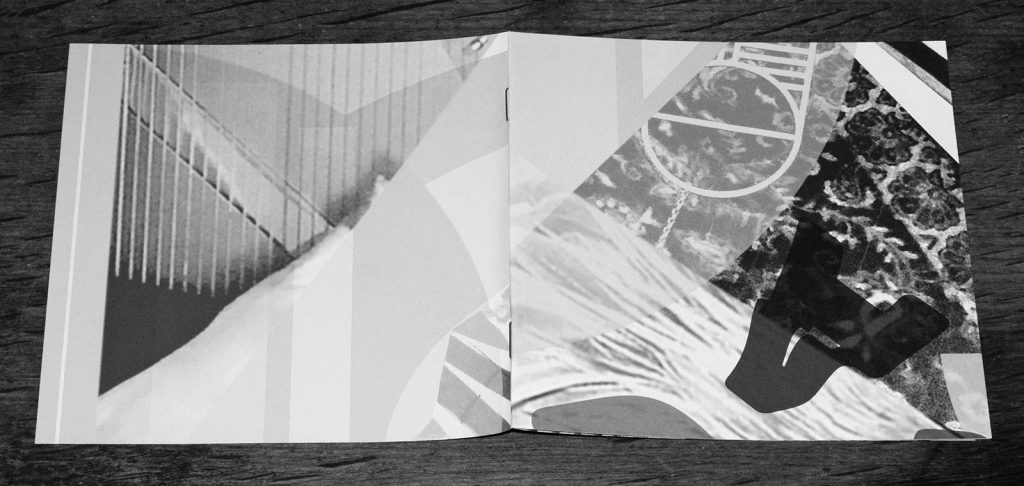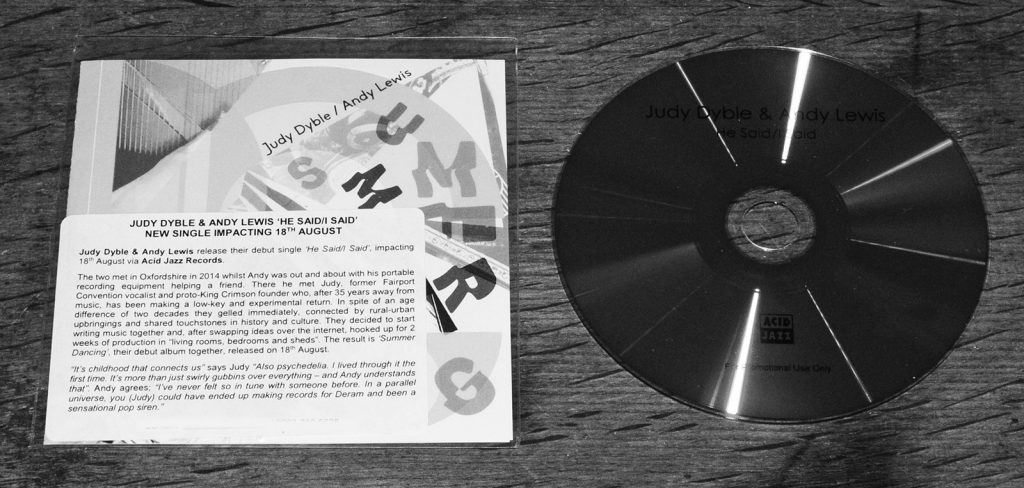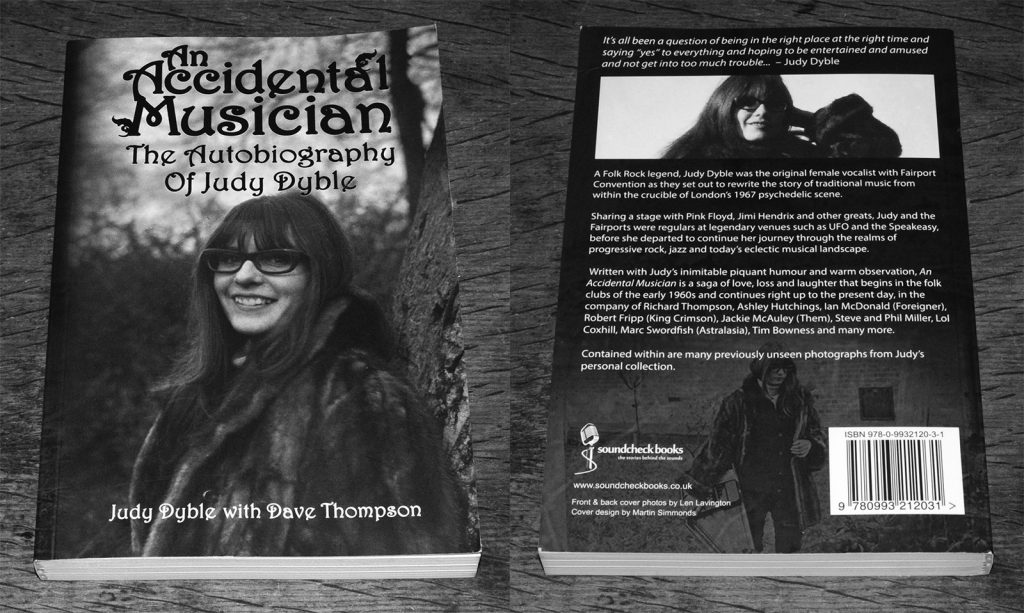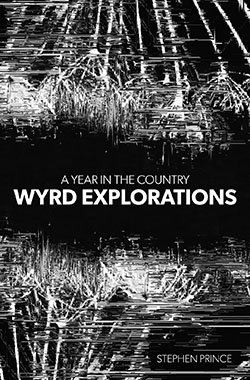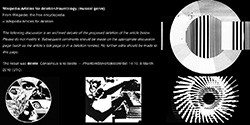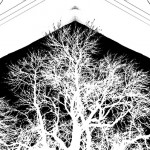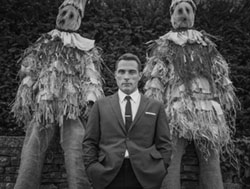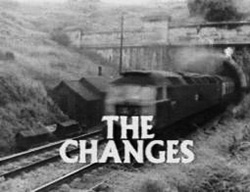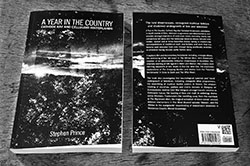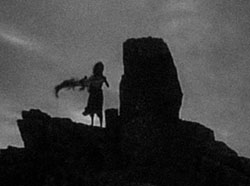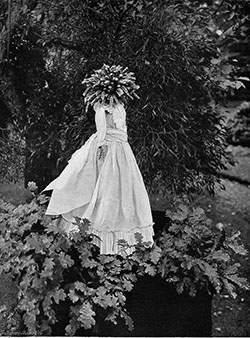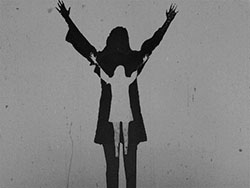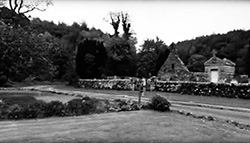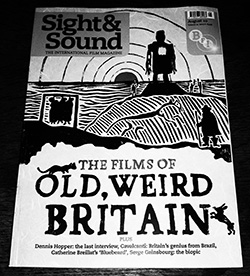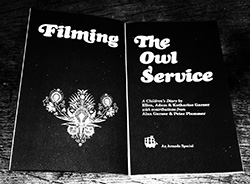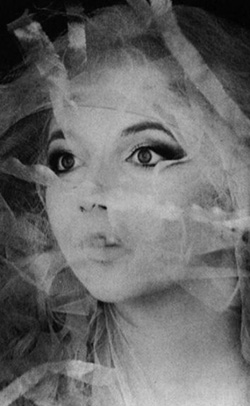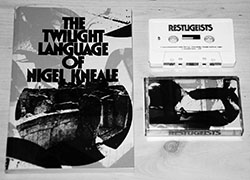
The 2017 album Summer Dancing by Judy Dyble and Andy Lewis is something of a fine cuckoo in pop’s nest which has a curiously contrasting cultural background and set of connections that make it seem as though it should perhaps only really exist in a parallel world left-field pop universe.
Andy Lewis was one the original DJs at Blow Up which is a club night in central London founded in 1993 that had connections to mod and easy listening culture and also in the mid-1990s was a pivotal and notable venue in the development of the Britpop music scene. From 2002 onwards he released a number of number of records on Acid Jazz, alongside collaborating with Paul Weller on the 2007 single “Are You Trying to Be Lonely” which charted in the UK Top 40, after which until 2016 he performed in Paul Weller’s band, who in turn is known for his strong connections with mod culture.
In the 1960s Judy Dyble was the original vocalist in the folk- rock stalwart group Fairport Convention, after which she worked with a group of musicians who in 1968 formed the progressive rock band King Crimson before she made the 1970 album Morning Way as Trader Horne with ex-Them member Jackie McAuley, a record which could be loosely classified as acid or psych folk.
In 1973 she stopped performing and for a number of years ran an audio cassette duplication business before working as a librarian. In more recent years she was featured in an article by Andrew Male and Mike Barnes called “The Lost Women of Folk” in the November 2013 issue of Mojo magazine, alongside Vashti Bunyan, Linda Perhacs and Shelagh Macdonald all of whom for various reasons after the early 1970s largely disappeared from public view for a number of decades.
She made a few guest appearances with Fairport Convention in the 1980s and 1990s but did not begin recording and releasing her own music again until 2003 after which she released a number of albums before passing away in 2020.
Trader Horne’s song “Morning Way” was included on the 2004 compilation Gather in the Mushrooms: The British Acid Folk Underground 1968-1974 which was compiled by author and musician Pete Wiggs, and as I in part discuss in the Introduction both that album and the Trader Horne track on it have a notable position in the history of A Year In The Country; the reimagining of folk on them showed me that folk and rural orientated culture could undertake and explore new, unexpected and even otherworldly journeys and pathways and seemed to open up something in my mind which in turn helped to inspire A Year In The Country.
Judy Dyble and Andy Lewis’ cultural backgrounds are not necessarily ones which you would naturally think of as coming together but rather fortuitously they did in the parallel world left- field pop universe of Summer Dancing and have combined and melded cohesively to produce an album which, while it subtly reflects their joint differing cultural backgrounds and history, has an individual and charming character all of its own.
In text which accompanied its release the album was described as being:
“Made of the very stuff of British psychedelia, an obsession with childhood, the country and the city. It emerges from a place somewhere between Broadcast, the soundtrack to The Wicker Man and Stereolab.”
And on the album’s sleeve it is commented that:
“[The album] began with a chance encounter… [between] two seasoned artists – she a voice of folk and experimental pop past, he a player-producer polymath with ties to the sharp-dressed 60s influenced present… [Although they were born] either side of the 60s, it’s the same culture, history and open attitude that unites the two, as well as rural-urban backgrounds. Church bells, red kites and the stories of E. Nesbit swirl gently in the imagination beside lost loves, London lives and an evergreen… otherness.”
That mention of Broadcast and “an evergreen… otherness” offer a sense of some of the themes and areas which the album explores; as with much of Broadcast’s work, accessible left-field avant pop might be an appropriate genre title and Summer Dancing could be considered to be a more pop orientated accidental counterpart to the psychedelia meets experimental pop “milling around the village” of Broadcast’s 2009 album Mother is the Milky Way.
Alongside both albums exploring some similar musical atmospheres etc, there is also a connection in terms of artwork as Liz Lewis’ cover art for Summer Dancing uses abstract cut up geometric forms which have similarities with Ghost Box Records co-founder Julian House’s artwork and design for Broadcast.
Summer Dancing contains a very English, subtle and charming eccentricity in ways that are difficult to fully define, although it could possibly be in part connected to Judy Dyble’s almost clipped, received pronunciation-esque singing on the record; a description which makes her singing style sound cold or detached but it is in fact anything but.
That subtle, charming eccentricity is also present in An Accidental Musician (2016), a biography that Judy Dyble co-wrote with the prolific author Dave Thompson and which along with the retrospective collections of Judy Dyble’s music Gathering the Threads (2015) and Anthology: Part One (2015), would make a fine companion for Summer Dancing.
In connection to the “lost loves” mentioned on the album sleeve, there is a sadness and even melancholia present on the album, particularly on “A Message” but neither it nor the album as a whole are maudlin, rather they at times contain a joyous remembering and yearning for those who have departed.
While “A Net of Memories (London)” is a psychogeographic wandering in song form around the capital city and connections to it, which tails off into a montage of music and sound where its isolated tones and reversed recordings accompany a radio travel report about swans who have mistaken the road for a river (!)


